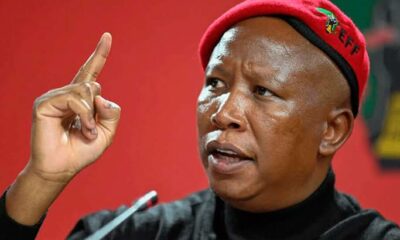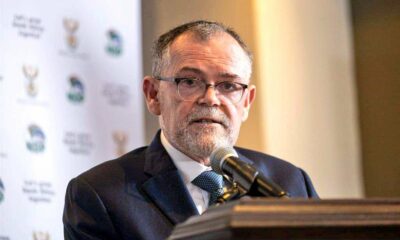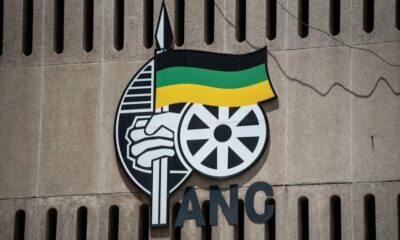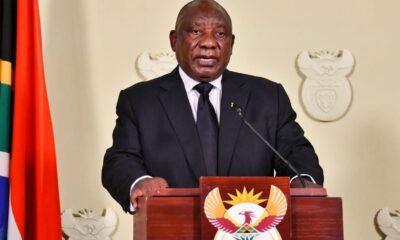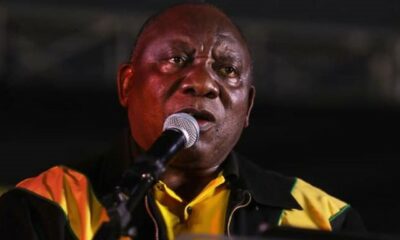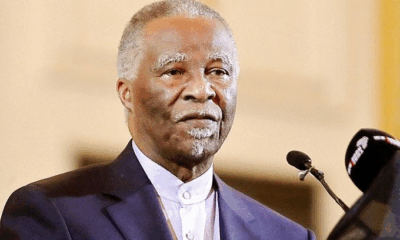News
Pretoria Scrambles to Contain Fallout from SANDF Chief’s Iran Remarks
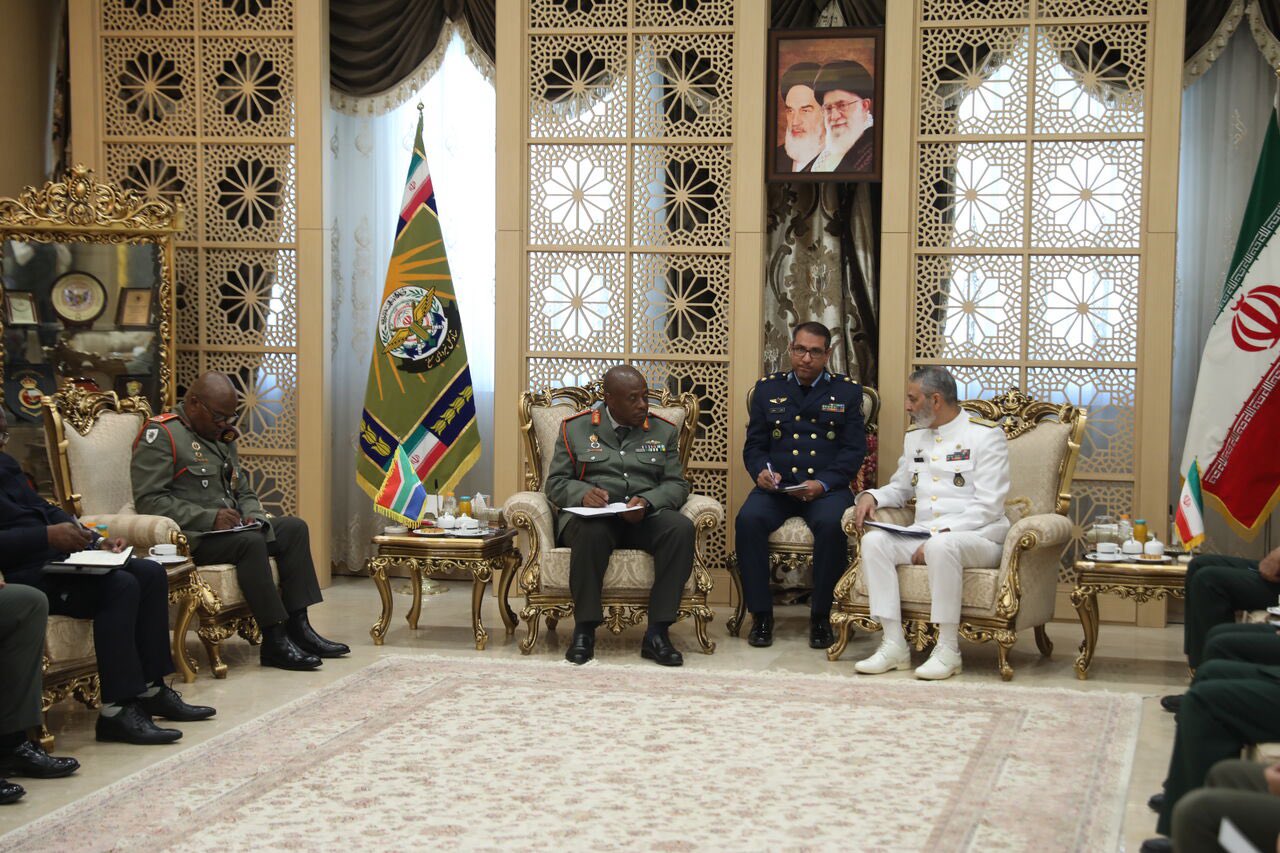
Defence and diplomacy officials move quickly to assert that the general’s words do not represent official policy
South Africa’s diplomatic corps is working overtime to clean up after a week of unexpected headlines and they’re not about war games or defence drills, but words.
On Tuesday, South African National Defence Force (SANDF) chief General Rudzani Maphwanya stood in front of senior Iranian military officials in Tehran and spoke warmly of the two nations’ potential for deeper cooperation. In remarks carried by Iranian state media, he described his trip as “not only a military one, but a political message” and a chance to express “heartfelt feelings” to “the peace-loving nation of Iran.”
For Iran, it was a public relations win. For Pretoria, it was a problem.
Government’s damage control mode
By Wednesday night, both the Defence Ministry and the Department of International Relations and Cooperation (Dirco) had issued separate statements making it clear that Maphwanya’s views were not government policy.
The Defence Ministry reminded the public that foreign policy is “the sole prerogative of the President and Dirco” and that the SANDF does not set diplomatic positions. Dirco reinforced that point, stating bluntly that comments from individuals outside the Presidency and its diplomatic apparatus “should not be misinterpreted as the official position of the South African government.”
Behind the scenes, both ministries have said they will be engaging Maphwanya for answers when he returns.
The visit and its optics
Maphwanya’s itinerary in Iran included a tour of Dafoos, the country’s defence research and training facility. There, he reportedly spoke about enthusiasm for military cooperation, a statement that has raised eyebrows in foreign policy circles, particularly given South Africa’s carefully balanced position in Middle Eastern affairs.
Pretoria has long walked a diplomatic tightrope in the region, maintaining trade and political links with multiple nations — sometimes with opposing interests. For that reason, even a well-intentioned comment can have ripple effects far beyond the room in which it was made.
Public and political reaction
Reaction on social media has been swift and divided. Some South Africans criticised what they saw as “freelance diplomacy” by a military official, warning it could strain ties with other global partners. Others dismissed the uproar as political theatre, saying the general was simply being courteous during an overseas visit.
Policy experts note that this is not the first time a high-ranking figure’s remarks have forced the government into clarification mode. “The line between defence cooperation and foreign policy is often misunderstood,” one analyst said, “but in South Africa’s constitutional framework, it’s a bright red line.”
The unanswered questions
The Presidency has so far remained silent on when or how Maphwanya’s trip was authorised. That lack of clarity has only fuelled speculation about whether his remarks were entirely off-script or simply poorly timed.
For now, the official stance is clear: South Africa’s foreign policy comes from the Union Buildings, not from the parade ground. Whether the general crossed a diplomatic line and what consequences, if any, he might face, will become clearer when he lands back on home soil.
{Source: The Citizen}
Follow Joburg ETC on Facebook, Twitter , TikTok and Instagram
For more News in Johannesburg, visit joburgetc.com

